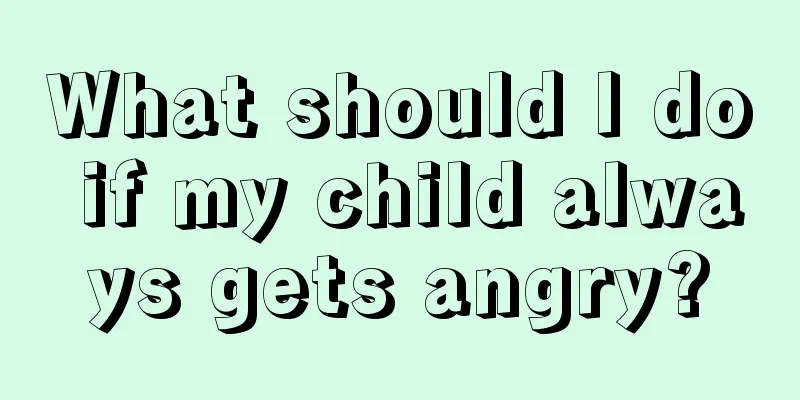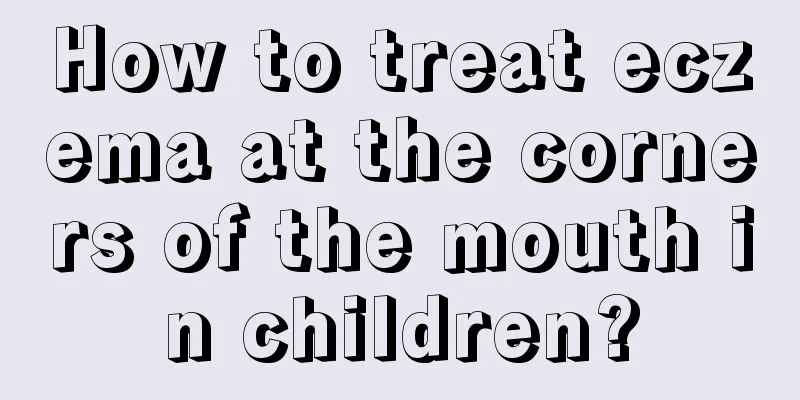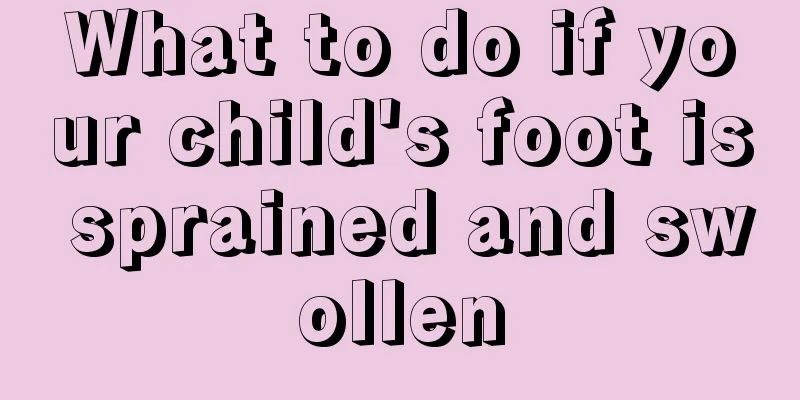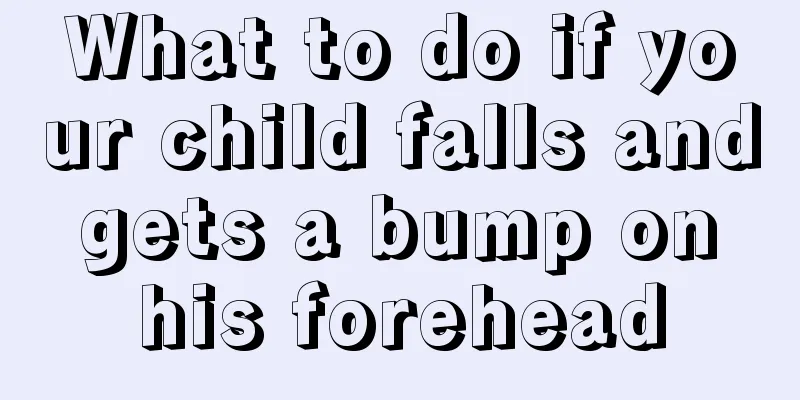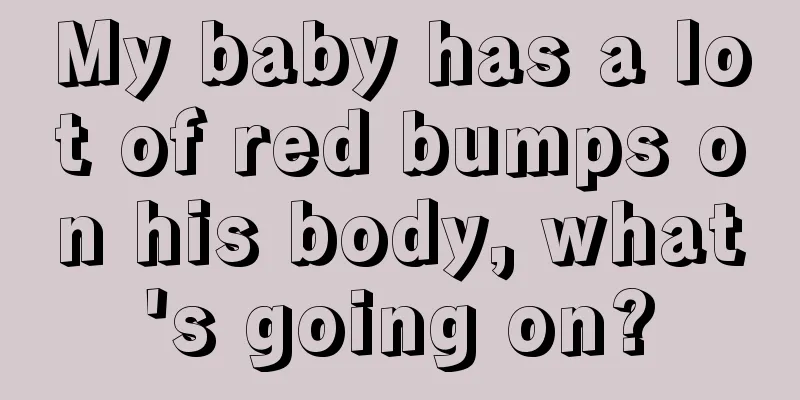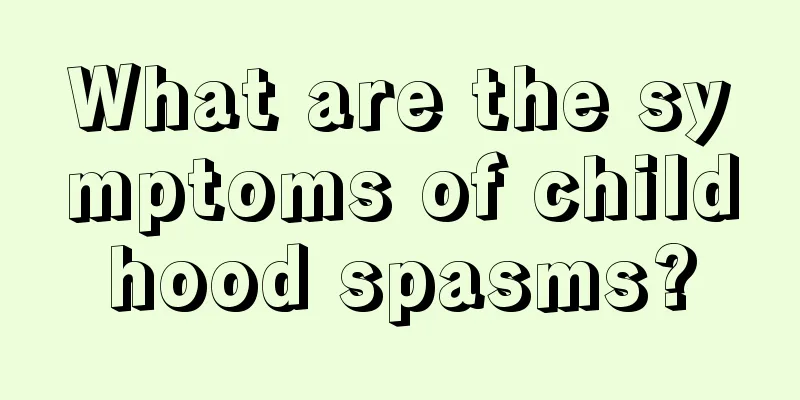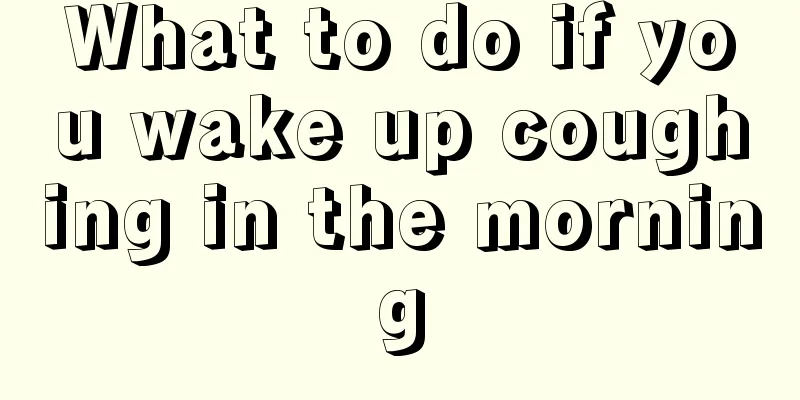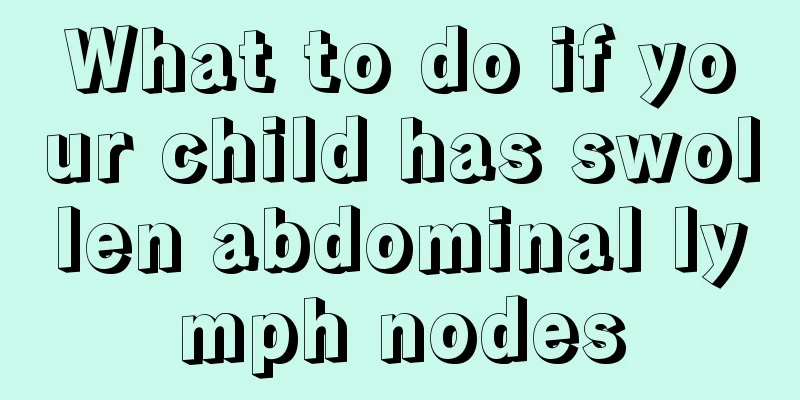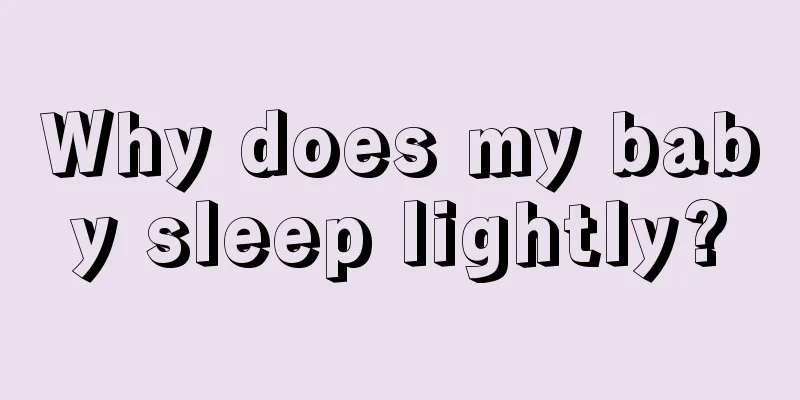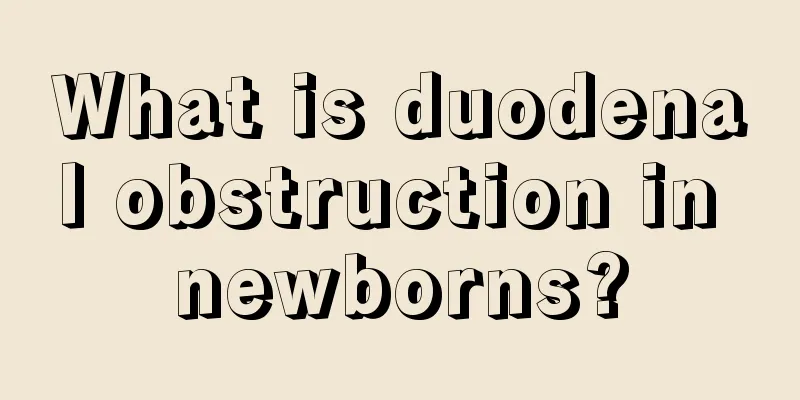Children's sudden convulsions
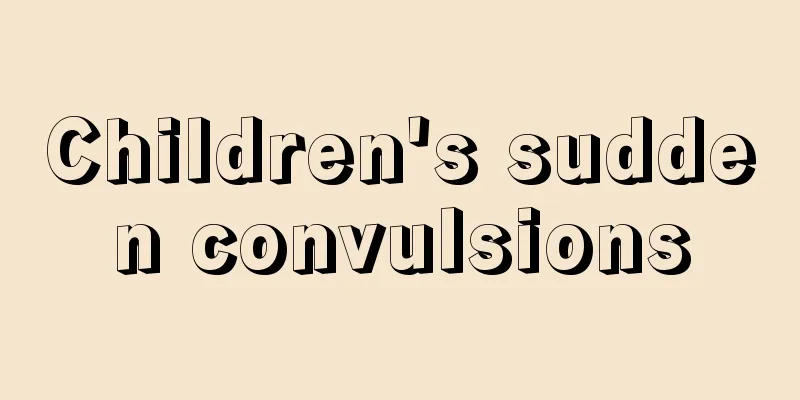
|
The phenomenon of sudden convulsions in children has become more and more common, but because the causes of the disease are usually complicated, it is difficult to find the real cause of this situation in the first time, and there is no way to prescribe the right medicine. In fact, generally speaking, convulsions in children are related to diseases such as meningitis or encephalitis. The specific details can only be known after the test results come out. However, convulsions and fever are not necessarily febrile convulsions. They may also be caused by other serious diseases such as meningitis. They can be distinguished by symptoms that are different from febrile convulsions. The following points are provided for parents' reference: 1. Brain infections such as meningitis and encephalitis are often accompanied by symptoms such as persistent high fever, headache, stiff neck, vomiting, decreased appetite, and drowsiness. As for febrile convulsions, there are usually no obvious symptoms before the convulsion occurs, and sometimes the child’s fever is discovered only after the convulsion occurs. 2. The convulsions caused by febrile cramps are mostly systemic, and rarely occur as in meningitis, brain tumors or cerebral hemorrhage. 3. Children with febrile convulsions usually have good energy after a short sleep after the convulsion, unlike those with meningitis, encephalitis or other problems who suffer from continuous drowsiness. Emergency treatment at home If a child suddenly has convulsions at home, parents must remain calm so that they can help the child. 1. The child should be laid on his side first, and sharp and dangerous objects around should be removed to avoid being hit during an attack. 2. Loosen your clothes and raise your head to keep your airway open. 3. Measure body temperature. If you have a fever, use anal suppositories to reduce the fever immediately. 4. If there is a foreign object in the mouth that is easy to remove, you can clear it out by lying on your side. 5. Please carefully observe the changes in the child's eyes, face, and limbs when he or she is convulsing, such as bilateral or unilateral convulsions, and also pay attention to the length of time the convulsion lasts. 6. Do not give children anything to drink during or immediately after a convulsion to avoid choking. 7. If the convulsion is the first time, the convulsion lasts more than ten minutes, or the convulsion is continuous and the consciousness cannot be restored, seek medical attention urgently. Treatment If you want to treat it properly, you must first find out the cause of your child's convulsions. For children who have a fever and convulsions for the first time, the doctor will ask the parents in detail about the duration of the convulsion, the symptoms of the convulsion and the family history. A detailed medical consultation and blood tests are required. If necessary, cerebrospinal fluid examination or brain scan will be arranged to rule out meningitis, electrolyte imbalance and metabolic diseases. Or other reasons possible. Children who have a fever and convulsions for the first time usually need to stay in the hospital for 6 to 8 hours with an IV drip because there is a possibility of another seizure within a short period of time. If the seizures are acute, anticonvulsant drugs are given intravenously or as rectal suppositories to stop the seizures. Severe, repetitive seizures may require hospitalization. Patients with febrile seizures are scheduled for an EEG examination up to 10 days after the first episode. |
>>: Inguinal hernia in children
Recommend
Causes of baby anorexia
Babies are at the age of growing up, so the baby&...
What kind of milk is good for one-year-old babies?
Babies need to drink breast milk after they are b...
Is baby antidiarrhea milk powder good?
Many children have incomplete intestinal developm...
New concept of nutrition and health
Drink at least one cup of fortified vitamin A and...
Is hyperactivity in children due to zinc deficiency and how to supplement zinc
Recently, many children have shown signs of hyper...
Why does my baby always sweat?
When taking care of children, many parents will f...
What is the reason for the peeling of the feet of a two-year-old baby?
Babies are more likely to get sick than normal pe...
What should I do if my baby's butthole is red?
Some babies have health problems, so they need to...
How to treat children's hand shaking when writing
Writing is something every student has to do ever...
What's the matter with the baby's nose having horizontal lines?
Generally speaking, infants and young children, e...
Why is the baby's sleep not good?
Generally speaking, when it comes to the quality ...
How to treat children with ADHD?
Children are the most playful during this period,...
Can meningitis be detected by blood test?
Many parents are very angry when their children a...
What are the benefits of baby swimming?
Swimming is a very common sport in our lives. We ...
What to do if your three-year-old baby has urticaria
The skin disease of urticaria is actually very st...
